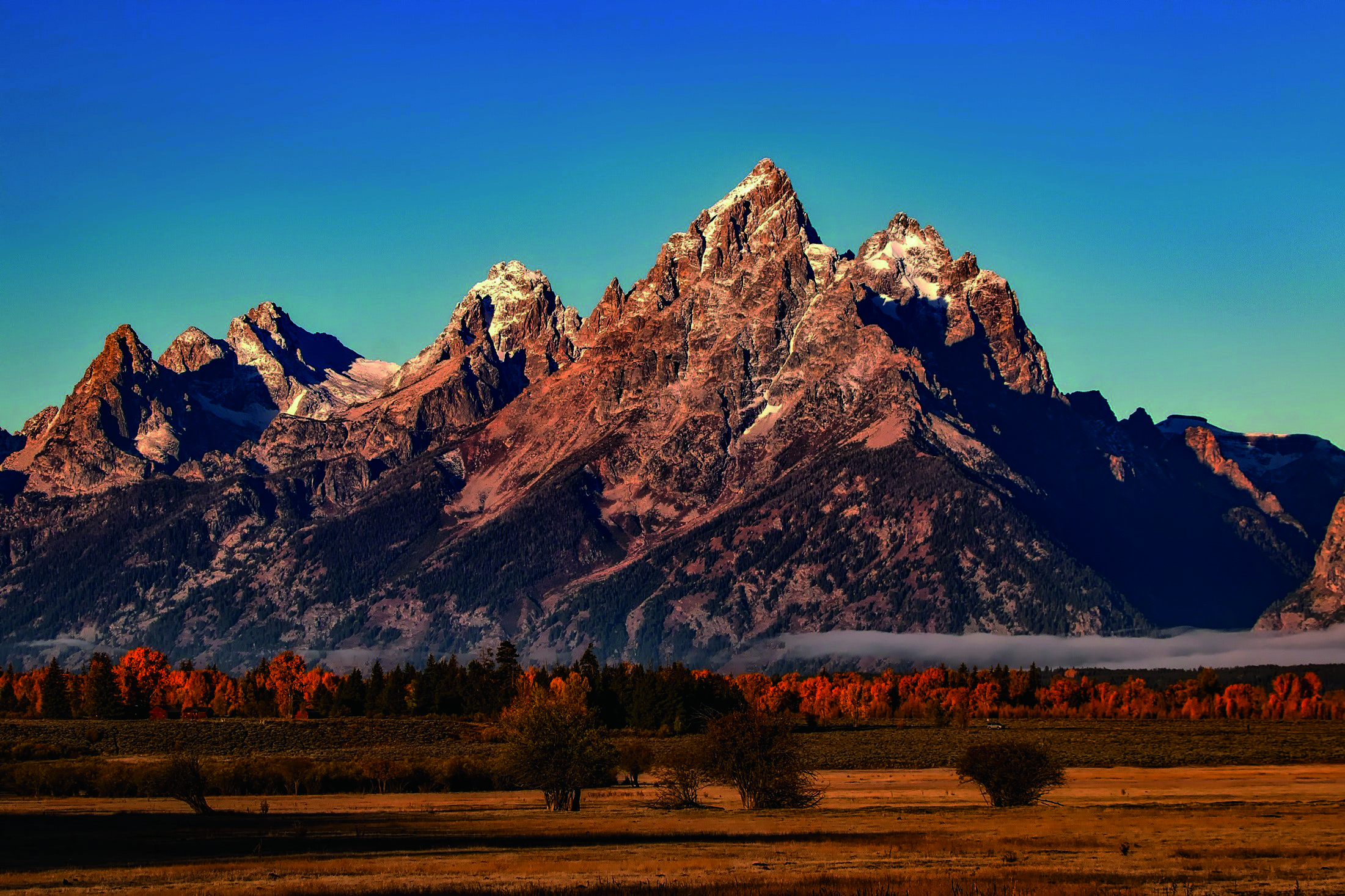By Stefanie Morales
Background
Last week marked the start of the 2022 Winter Olympics, just six months after the Summer Olympics of 2021 which were delayed one year due to COVID-19. From the beginning, the Winter Olympics were expected to face a series of challenges in both viewership and execution. Held in Beijing, China – home of the Summer 2008 Olympics – many experts questioned the ability of Beijing to host a winter games in a region that typically did not receive enough snow for winter sports. While many past host cities have also needed to create artificial snow to maintain ideal conditions, Beijing did not have the resources already in place including a strong water supply. Additional concerns came as the opening ceremony inched closer and the U.S. called for a diplomatic boycott of the Games due to concerns around China’s human rights issues and government politics. Australia, Canada, Denmark, and the UK also called for similar boycotts.
On the consumption side of things, as we saw with the 2020 Summer Olympics, shifting consumer viewing behaviors have changed the way in which we view TV and especially large-scale events. The 2022 Winter Olympics are taking place in a similar time zone to that of Tokyo, which introduces another layer of challenges with spoiler headlines across social media and even NBC’s own properties that were prevalent this past summer.
TV coverage this weekend was concentrated on just two networks–NBC and USA–due the NBC Sports Network going off the air at the end of 2021. CNBC added coverage on Saturday only to date and will air sporadic coverage of Curling and Hockey throughout the Games. After much criticism last summer, NBC changed the way they air and release coverage on Peacock, their streaming app. Peacock subscribers will have full access to all Olympic coverage through the app, both live and through on-demand replays in an effort to streamline the consumer experience outside of scheduled TV. Streaming is also available through the NBC Sports app and website for viewers with a cable subscription.
In another lesson learned from last summer’s Olympics, NBCU has partnered with TikTok for the Winter Games. During the Tokyo Games, we watched as Olympic athletes took to the platform during their time at the Olympic Villages as well as post-competition. Gymnast Suni Lee raked in 31 million views on her celebratory TikTok video following her gold medal performance in the all-around, while several other athletes generated large followings as well. According to NBCU, TikTok videos with Olympic-related hashtags have generated 18 billion views to date (prior to the start of the 2022 Games). Under this partnership, advertisers will be able to pilot new ad formats and creative experiences on the platform.
Viewership
Broadcast and cable viewing continues to be challenging for NBCUniversal. Like last summer, NBC aired the Opening Ceremony live on air in the early morning hours, followed by an edited primetime telecast. Combined, the two telecasts reached 13.7 million viewers and a 2.4 rating among adults 18-49, down 51% and 63%, respectively compared to 2018. While the Winter Games are typically lower-rated than the Summer Games, the prime time telecast was down just 12% from the Summer Opening Ceremony prime telecast among total viewers, led by slight growth among adults 55+. The increase in the 55+ audience further shows the dichotomy between older viewers and younger viewers when it comes to scheduled TV.
Despite the significant declines for the Opening Ceremony, the primetime airing was still by far the most-watched telecast of the day. Among adults 18-49, the Opening Ceremony delivered more than three times the ratings of its closest competition. Univision’s telenovelas, Vener El Pasado had a 0.61 rating while Madre and Soltero Con Hijas delivered a 0.56 rating. The top English-language program of the day was FOX’s WWE Smackdown with a 0.51, nearly 300% lower than the Opening Ceremony.
Saturday and Sunday’s Olympic coverage across all dayparts is running about 30-70% down from 2018 among adults 18-49. USA’s prime time airing on Saturday night fared the best (compared to NBC Sport’s Network in 2018) in terms of declines. The network aired live Snowboarding including the medal round for Women’s Snowboard Slopestyle where the U.S.’s Julia Marino pulled off a surprise upset and took home the silver and the first medal of the Games.
Streaming continues to break records throughout the three official days of competition so far. Per NBCU, Peacock marked the highest number of content starts in platform history on Saturday. Saturday was also the most streamed Winter Olympics day ever to date across the NBCU portfolio, with 323 million minutes consumed. By Sunday evening, total digital usage, led by Peacock, topped one billion minutes – marking the fastest the milestone has been reached for a Winter Games.
NBCUniversal is also reporting on several ad-impression metrics from iSpot. According to internal data, NBCU ran a 42% lighter ad load than other broadcast networks during the Opening Ceremony on Friday, which delivered 17% more impressions per ad unit. On Saturday, the NBCU platforms ran 14% lighter ad-load with 247% more impressions per ad unit, and on Sunday NBC networks had 33% lighter ad load and delivered 241% more ad impressions per unit. Also, per NBC, 14.5 million people viewed the advertising pod immediately after Mikaela Shiffrin’s race at 8:40pm on Sunday.
2022 Winter Olympics Kick Off Amid Political Controversy and COVID Concerns
February 8, 2022 // Thought Leadership

